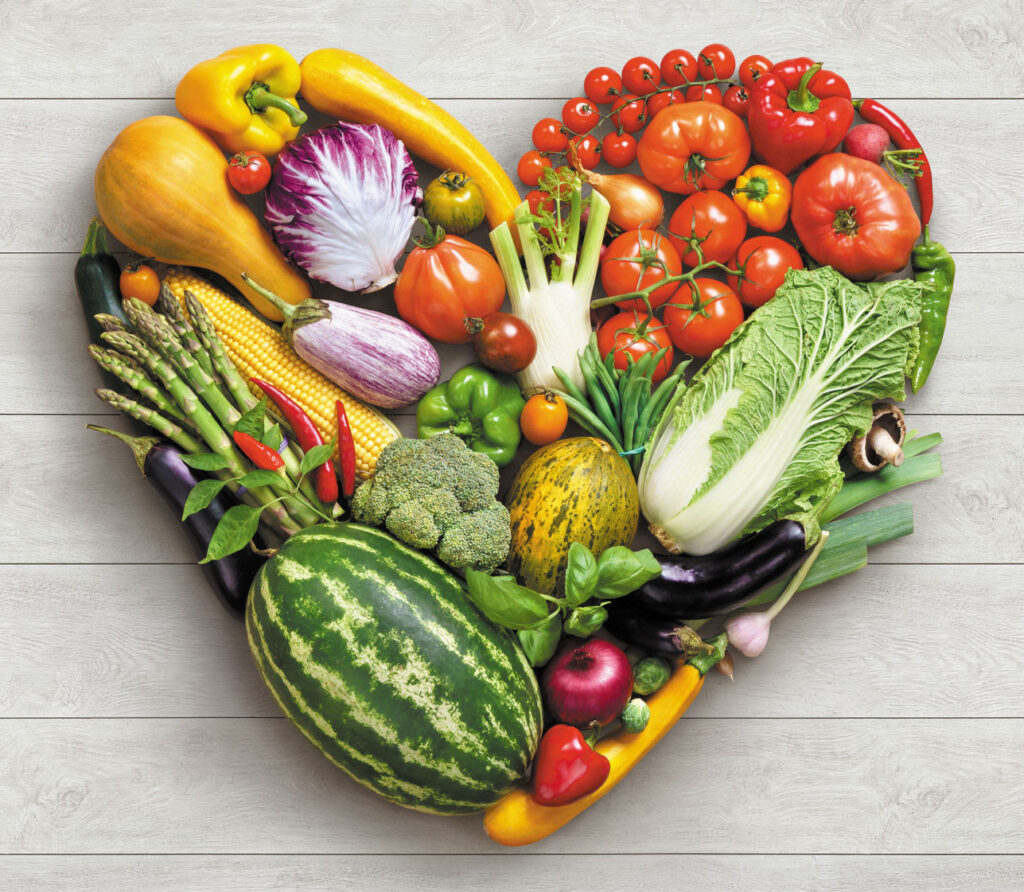
Vegetarian & Vegan Food
This shift towards plant-based diets, with increasing awareness of the health benefits and the environmental impact of such a lifestyle. It has continually improved momentum in recent years. Vegetarians as well as Vegans are on diets that consist of plant-derived nutrients entailing fruits, vegetables and grains; but the vegans do not consume animal products. As this trend progresses, scientists and nutritionists are looking for ways how the human body can enjoy the most benefit from the nutrients it takes in by switching to plant-based diets.
However, despite the various advantages, there is a certain controversy related to plant foods and diet that has conventionally been based on 4 primary aspects. When well-designed, they can supply every need for nutrition and have other health benefits.
Protein Sources:
Contrary to widespread “knowledge,” vegetarian diets are full of protein. Include also a variety of protein-rich sources like legumes such as lentils, chickpeas and beans or tofu, tempeh, quinoa and nuts. It is imperative for both maintaining muscles well as being healthy in general body terms.
Essential Vitamins and Minerals:
There is a need to pay close attention to certain nutrients, which are typically found in animal products when availing of plant-based diets. Animal sources are the main suppliers of vitamin B12 which is very essential for nerve function and the generation of red blood cells. Supplementations or fortified foods may be needed for vegans. Calcium, iron, zinc and omega-3 fatty acids are also essential; they can be found in fortified products like cereals milk or yogurts – as well as leafy greens seeds nuts
Fiber-Rich Foods:
First, vegetarian diets are rich in dietary fibre by default, ensuring proper digestion and boosting gut health. Besides preventing heart diseases –This is a perfect food choice for many people around the world! Their sources of fibre such as fruits, vegetables, legumes and whole grains are excellent for health.
Strategies for Optimizing Plant-Based Nutrition
Different Food Choices:
Incorporation of a wide range of plant foods ensures a balanced provision of nutrients. A plate full of color denotes different vitamins, minerals and antioxidants that contribute towards better health.
Protein Combinability:
Combining various sources of plant protein improves the quality of the ingested proteins. The pairing together of legumes and cereals or nuts/seeds provides a wider range of essential amino acids.
Fortified Foods and Supplements:
Fortified foods as well as supplements can compensate for nutrients, which are difficult to obtain from plant sources alone. As an example fortified plant milks, cereals and nutritional yeast all provide additional B12 and calcium.
Cooking Techniques And Preparation Of Food:
Certain methods such as soaking, sprouting and fermenting can also increase nutrient absorption through cooking. For example, when nuts/seeds are soaked this process deactivates enzyme inhibitors making them more available to our bodies.
Plant-based foods are a compass guiding us towards a healthier, more compassionate, and sustainable world
-healwellhub
Mindful Eating And Balance:
Embracing mindfulness in eating will result to adequate supply of nutrients. Attentiveness in food choices, portion sizes and the balance between food groups would lead to good nutrition.
Impact on Health and Environment
Several studies have supported the health benefits resulting from adoption of plant-based diets. Researchers indicate reduce
The associated health risks include heart disease, type 2 diabetes, and some types of cancer. Plant-based diets are environmentally friendly as they significantly reduce carbon footprints and environmental impact, unlike conventional animal-based diets.
Welcome a Plant-Powered Life
It’s an amazing thing transitioning into a plant-focused diet and this can be done while ensuring good health and taking care of the environment. There is a wide range of plant-powered food that one can choose from, which could be planned for accordingly so that they add up to delicious and nutritious meals.
Understanding the nutritional landscape of plant-based eating and implementing strategies to maximize nutrient intake allows individuals to thrive on these diets. With more attention to complete foods rich with essential nutrients, embracing a plant-based diet can be seen as both health-responsive and ecologic.
Conclusion
The rising tide of plant-centred feeding regimes marks a turning point in our thinking about food choices. When people put nutrient-packed plants first, they optimize their wellness using plants while advancing sustainability into our future. A moderated approach and well-advised choice will lead to nourishing and positive effects on human health, and life energy, at the same time contributing towards personal well-being.
Get Rooted in Fun: 13 Wild & Weird Fun Facts About Plants
Plants are amazing and they have lots of secrets from their great ways to change themselves. How important they are in making our world work. Here are 13 fun facts about plants that showcase their remarkable characteristics and contributions: .
HEALWELLHUB
"Heal. Thrive. Unit





Leave a Reply